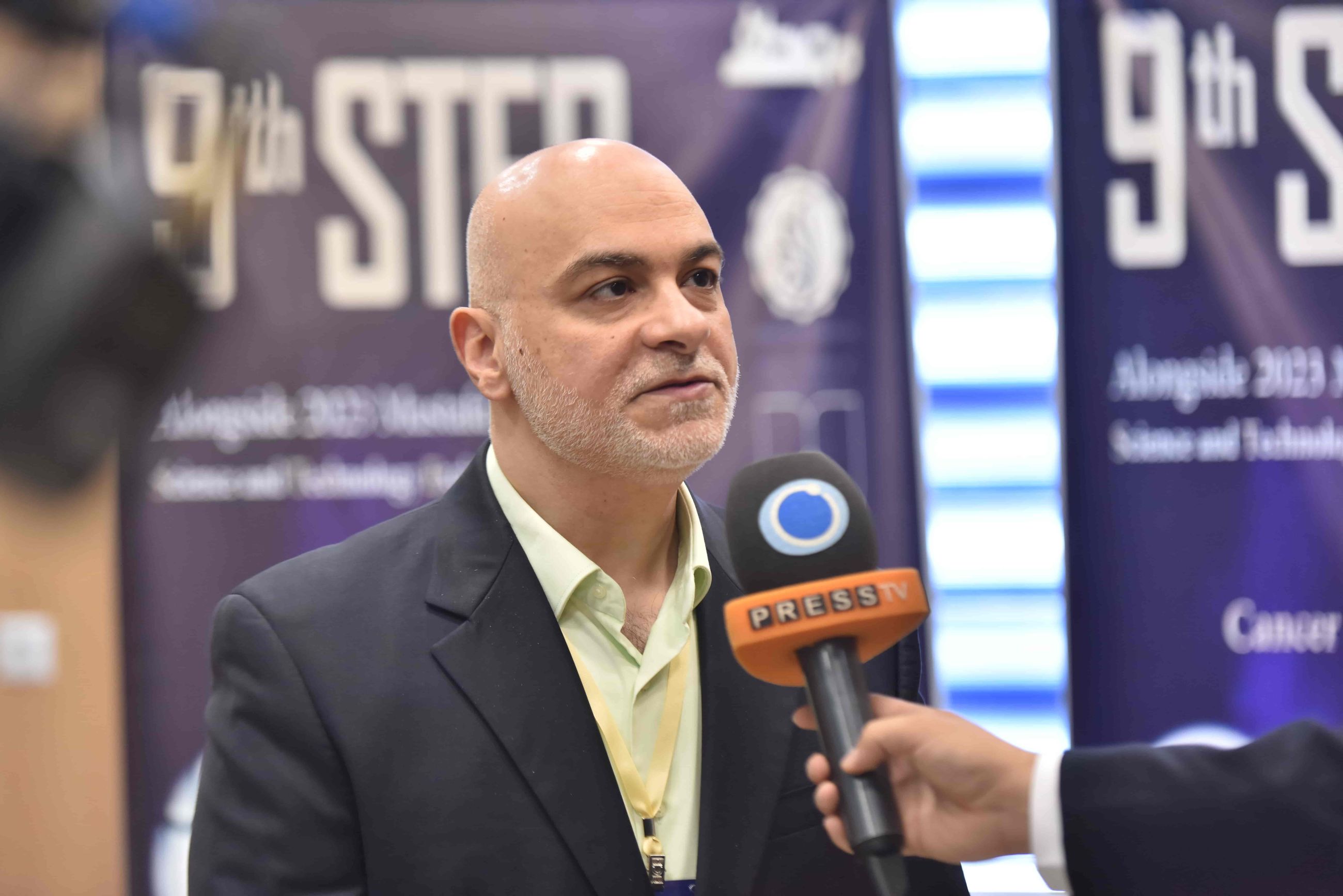TOP STORIES

Change of life style with a healthy based dietary discussed at STEP5
28 Feb. 2019
MSTF Media reports:
Sherina Mohd Sidik, professor at University Putra Malaysia, gave speech on prevalence and predictors of poor sleep among secondary school students and the possible factors for NCD.
According to her, poor sleep quality among children and adolescents is high and varies from 10% to 40% worldwide, becoming a major worldwide concern.
She noted that in her country, age, marital status of parents, depression, anxiety, stress and academic performance have been among the key elements for the prevalence of poor sleep quality.
Then Majid Cheraghali, professor at Baqiatallah University of Medical Sciences, who chaired the panel discussion and talked about the food related source of NCD in the Islamic countries, mainly food safety in Iran.
He noted that Iran’s health system has developed more than other Islamic countries, as the GDP of health of the country is 9.5% in the year 2018.
However, according to him, about 80% of cause of the death of Iranians comes from CV, brain stroke and diabetes, 10% from accidents and 10% from CDs.
Therefore, food policy is of high significance in the country, as IFDA is taking measures to prohibit the promotion of nutritionally “Unhealthy Foods” such as high sugar/fat/salt contents snacks on media, and enforcing national standards for heavy metals in raw and processed foods, etc.
Further on, Jaakko Tuomilehto, professor at Dasman Diabetes Institute, gave lecture on the dietary changes in cognitive impairment and disability prevention, specifically dementia.
He enumerated cerebrovascular disorders, hypertension, hyperchlosterolemia, saturated fat intake as main risk factors and high education, physical activity and active lifestyle as the main protective factors.







